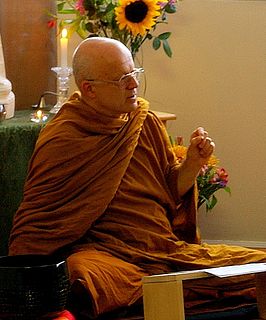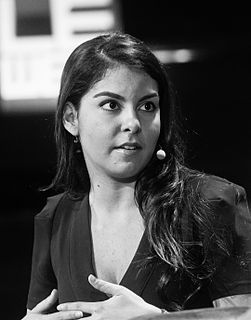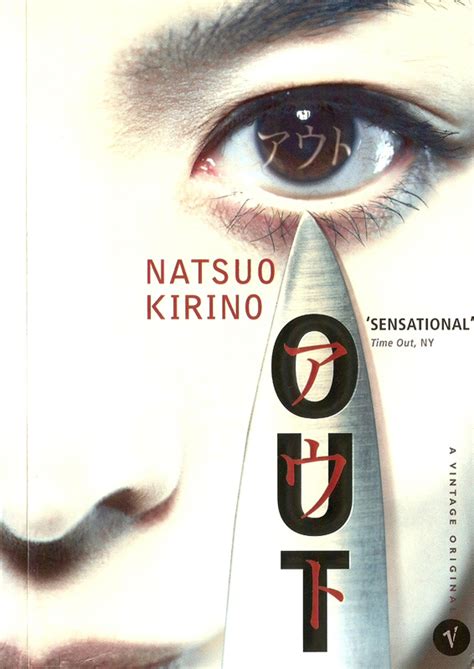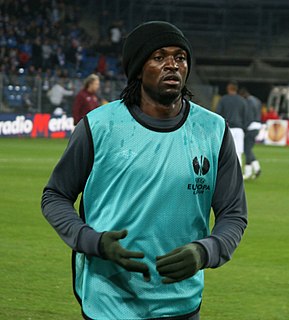A Quote by Margaret Hoover
What I learned from my husband is to assume the best intentions of the people you're engaging with. We had to do that early in our courtship, in order for me to move past my tribalism.
Related Quotes
It is the most powerful submission in the sport. It is a beautiful thing. You're holding them into you, their back is on you, and you are basically choking them gradually like a boa constrictor and once you've got them, the pressure goes on and they have to submit or they are going to stop breathing. It happened to me early in my career, and I panicked, and gave in, I tapped out too early. I learned a lot from that. I learned from it, learned how to do the move better, learned how to avoid it being done to me.
The teaching on karma starts with the principle that people experience happiness and sorrow based on a combination of their past and present intentions. If we act with unskillful intentions either for ourselves or for others, we’re going to suffer. If we act with skillful intentions, we’ll experience happiness. So if we want to be happy, we have to train our intentions to always be skillful.
To undertake the direction of the economic life of people with widely divergent ideals and values is to assume responsibilities which commit one to the use of force; it is to assume a position where the best intentions cannot prevent one from being forced to act in a way which to some of those affected must appear highly immoral. This is true even if we assume the dominant power to be as idealistic and unselfish as we can possibly conceive. But how small is the likelihood that it will be unselfish, and how great are the temptations!
There was one element of my childhood that was really a positive asset for me. By moving a lot, I learned to assimilate into whatever new surroundings I had and to become very comfortable with people quickly. I think that was one of the strongest contributing factors to my becoming an actor, because I constantly had to readjust, even reinvent. But at the same time, it also became very easy for me not to become attached to people, places, or things. I learned to enjoy people and places for the time I had, for the moment, to be in the moment, and move on.
We - America - have to move past the ideology, the tribalism, that grips this country. As ridiculous as this sounds, I believe 'Black Panther,' the film, could help us do that if it addresses issues of tribal polarization and, by extension, racism, xenophobia, and homophobia in an entertaining, non-preachy way.
I am extremely conscious of my tribalism. And when you talk about tribalism, you talk about living in a black and white world. I mean, Native American tribalism sovereignty, even the political fight for sovereignty and cultural sovereignty is a very us versus them. And I think a lot of people in this country, especially European Americans and those descended from Europeans don't see themselves as tribal.
In reality of everyday occurrences I've had to submit to people in order not to lose them. It's less the submission that bothers me, I guess, than how it makes my life miserable. And what happens if I can't forgive myself for making that choice? And what if, in order to keep on living, I have to continue to accept myself? What am I supposed to do? Conclusion: It'd be best if I'm destroyed. The best thing is for me just to vanish.



































